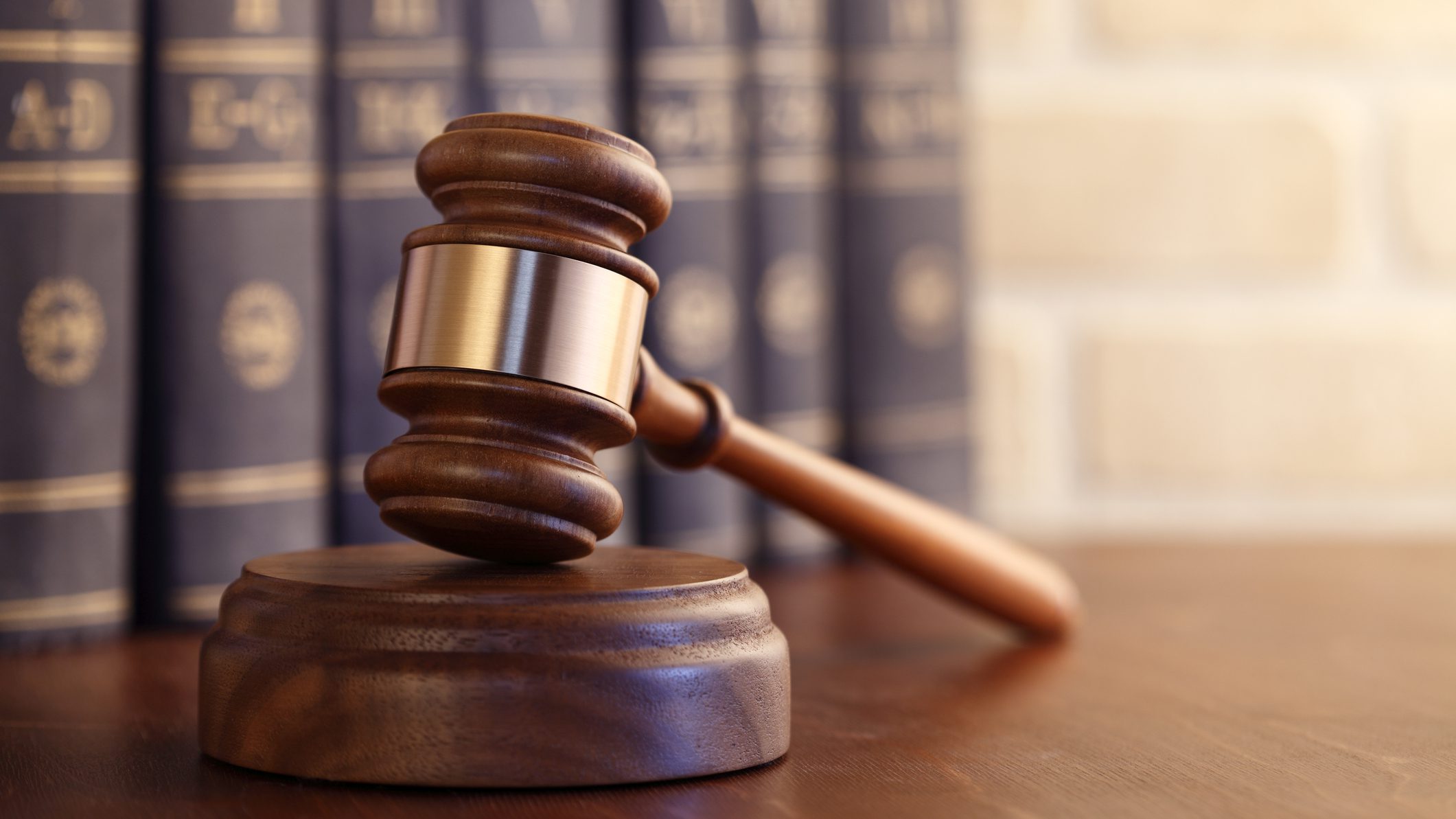Emir Aksoy LL.M., LL.M. IP

Turkey is a member to the WIPO and is a signatory to the major Intellectual Property related Agreements including Paris Convention, Patent Cooperation Treaty, Berne Convention, Trademark Law Treaty Protocol Relating to the Madrid Agreement Concerning the International Registration of Marks and as well as TRIPS Agreement.
Until January 10, 2017, trademark protection in Turkey was regulated through the Decree-Law on the Protection of Trademarks dated June 24, 1995 and No. 556. After January 10, 2017 however, this the Decree-Law No. 556 and other IP related Decrees were revoked and replaced by Industrial Property Law No. 6769 (hereinafter referred as “IP Law No. 6769”). IP Law No. 6769 covers not only Trademark Law but also Patent Law, Industrial Design Law, Geographical Indications Law, Plant Variety Law and Integrated Circuit Topography Law. These recent changes in legislation aim to more effectively combat the counterfeiting of goods, which is seen as a huge issue in Turkey.
According to a new report by the OECD and the EU’s Intellectual Property Office (EUIPO), Turkey now stands at 3.3% of global trade in counterfeit and pirated goods. Counterfeit products especially in sectors like medical products, cosmetics and food industry constitutes a serious health and safety hazard for the consumers.
There are some notable amendments regarding anti-counterfeiting raids:
- According to Article 14 of IP Law No. 6769, it is stated that an international trademark application filed within the scope of the Madrid Protocol System shall have the same effect with an application filed directly to the Turkish Patent and Trademark Office.
- As to anti-counterfeiting raids, Article 30 of IP Law No. 6769 infringers shall be liable to one to three years of prison time and a judicial fine of up to 20.000 days. Article 30 of IP Law No. 6769 broadens the scope of infringement and adds importing and exporting of counterfeit products, as well as buying, possessing, shipping or stocking them for commercial purposes.
- There is a controversial impunity clause in Article 30(7) of IP Law No. 6769. This clause states that anyone who sells or offers to sell a counterfeited product whose rightsowner of the trademark is somebody else can not be granted a punishment in case they inform where they got the counterfeited product from and helps to identify the producers and enable the seizure of such counterfeit products. Although this clause caused quite a controversy, it remains to be seen whether the appeals courts will implement this clause and if so, then how will this clause be implemented on a case by case basis. The important issue here is that this clause can be used as a loophole and might be misused by the infringers to delay the punishment, and it will be up to the appeals courts to ensure that this impunity clause is implemented correctly.
- Article 163 of IP Law NO. 6769 introduced a fast-track destruction procedure for the infringing products.
Trademark infringement is a criminal action and cannot be prosecuted without a duly submitted complaint (therefore cannot be prosecuted ex-officio). The complaint shall be made to the prosecutor’s office. If the prosecutor finds the evidence provided by the representatives of the rights holder, he may order the police to conduct a search and seizure operation on premises where the suspected trademark infringement is taking place based on a search warrant taken from the local criminal court. In most of the cases the prosecutors are willing to see evidence obtained from the production site.
The production sites are determined by the information given by the rightsholders or also another method used frequently in practice is the hiring of a private investigator. The evidence obtained through the private investigator should be legally obtained and therefore the actions of the investigators must be supervised by the representatives of the rightsholders.
Rightsholders are also entitled to make a claim for damages before the civil court. The purpose of this action is to restore the rightsholders to their original position before the infringing action took place.




